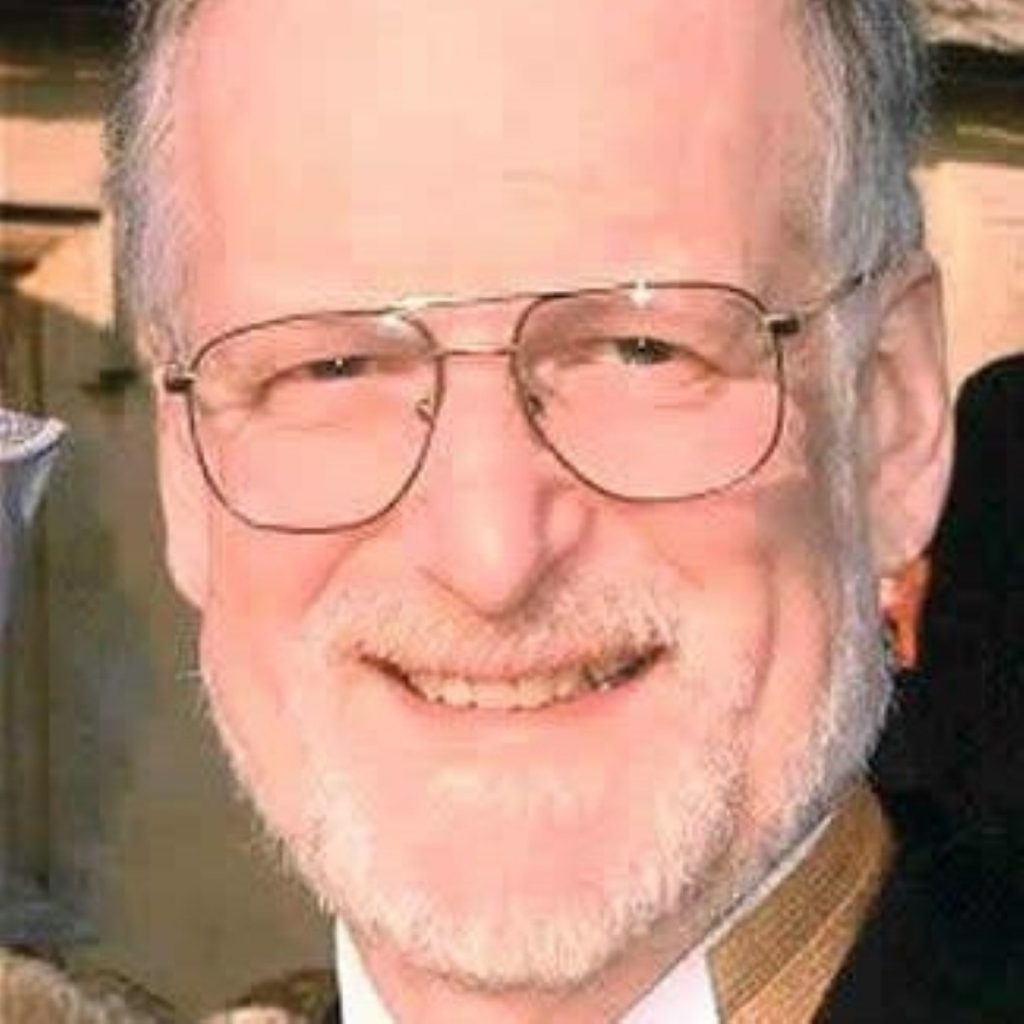Defence intelligence officials back up Kelly
A Ministry of Defence intelligence official has told the Hutton Inquiry that David Kelly believed the Government had indeed “over-egged” the case for war with Iraq.
The truth or falsehood of this claim lies at the heart of the Inquiry’s purpose – to examine the circumstances surrounding the death of Dr Kelly – insofar as it was the source of the row that exploded between the BBC and the Government, after defence correspondent Andrew Gilligan alleged that the case for war had been “sexed up”.
Brian Jones, who formerly managed the scientists working for the Defence Intelligence Staff, told the court that Dr Kelly did indeed believe that the case for war with Iraq had been “over-egged”.
On the 45-minute claim, which is central to the “sexing up” allegation, Dr Jones stated, “We at no stage argued that this intelligence should not be included in the dossier. We thought it was important intelligence”.


However, he agreed with Dr Kelly in arguing that the presentation of this information in Tony Blair’s foreword to the September 2002 dossier was “too strong”.
Furthermore, Dr Jones cast doubt on the reliability of the party who had supplied the information to British intelligence.
“The way in which the information was reported did not give us any real feel that the… primary source – knew very much about the subject he was reporting.
“We even wondered in discussing the issue whether he might even have been trying to influence rather than inform”, Dr Jones alleged, agreeing that Dr Kelly would have been aware of these concerns.
In addition, changes to the draft dossier suggested by DIS scientists had been ignored, to their consternation.
A second unnamed official, referred to as Mr A, also gave evidence.
Mr A acknowledged that in an email he sent to Dr Kelly, in reference to the alleged production of chemical weapons at the Al Qa’qa plant, “You will recall ….(a person’s name has been blanked out) admitted they were grasping at straws”.
Mr A went on, admitting that he had written of “our view that you and I should have been more involved in this than the spin merchants of this administration”.
Mr A concluded, “The perception was that the dossier had been round the houses several times in order to try to find a form of words which could strengthen certain political objectives.”












